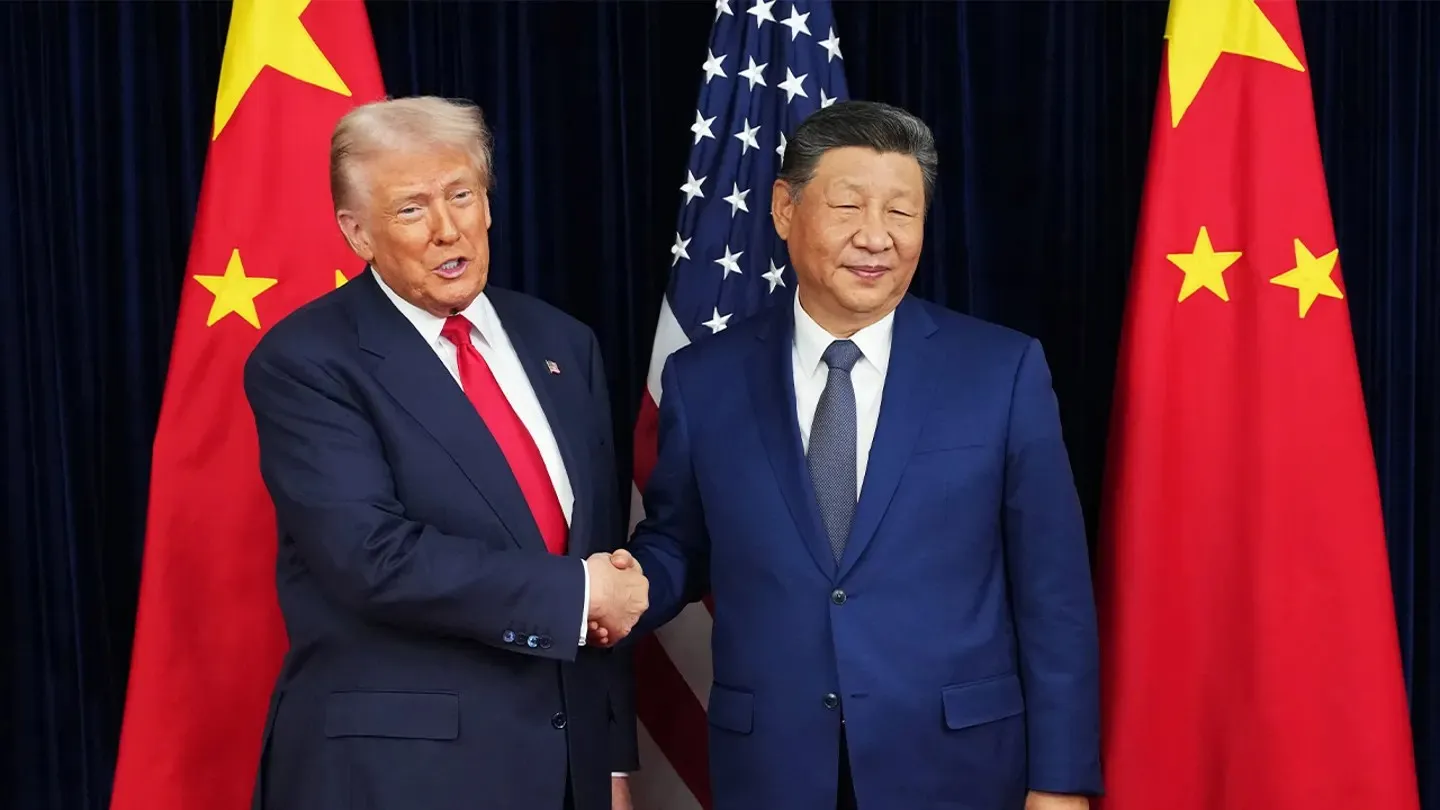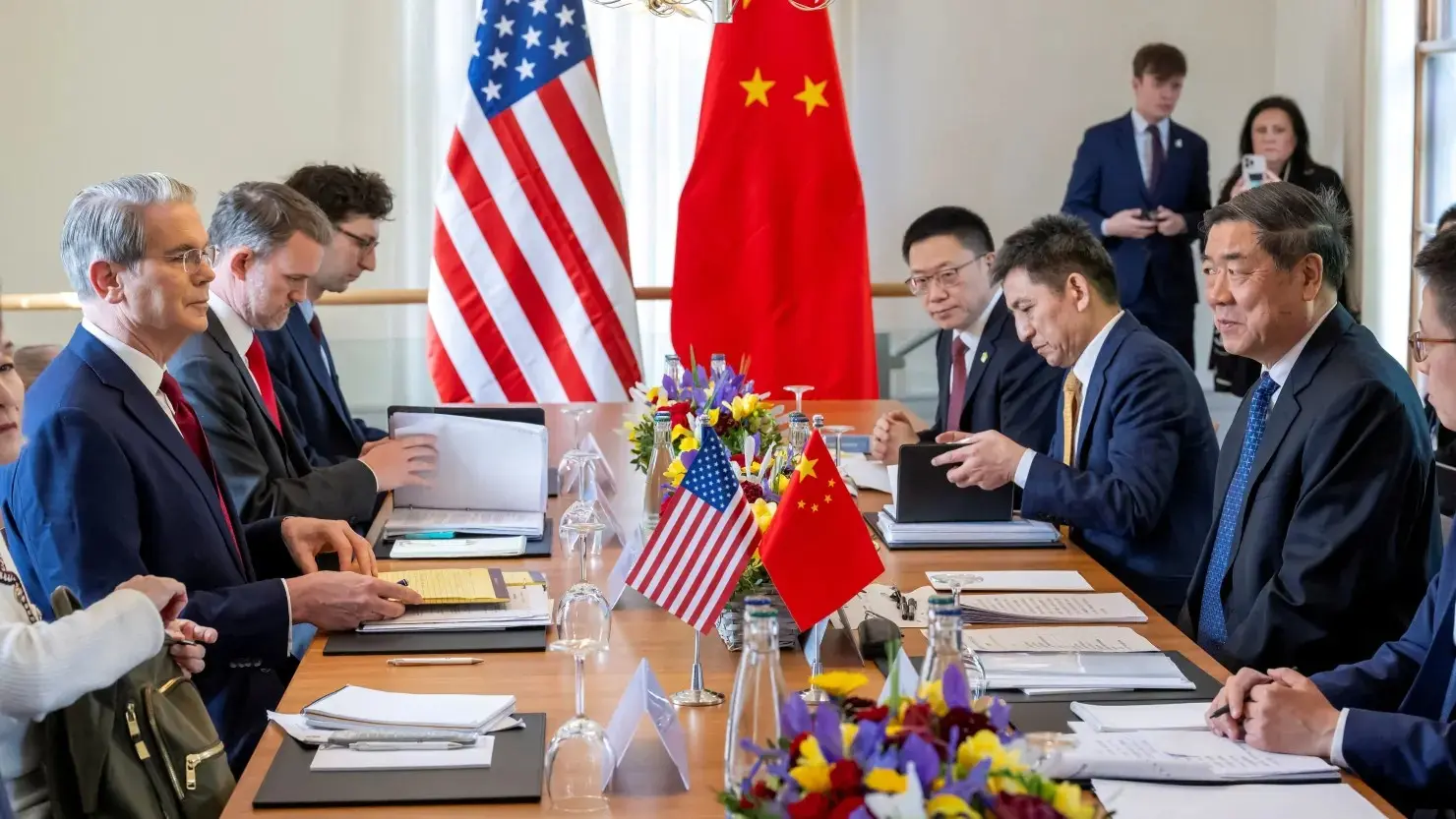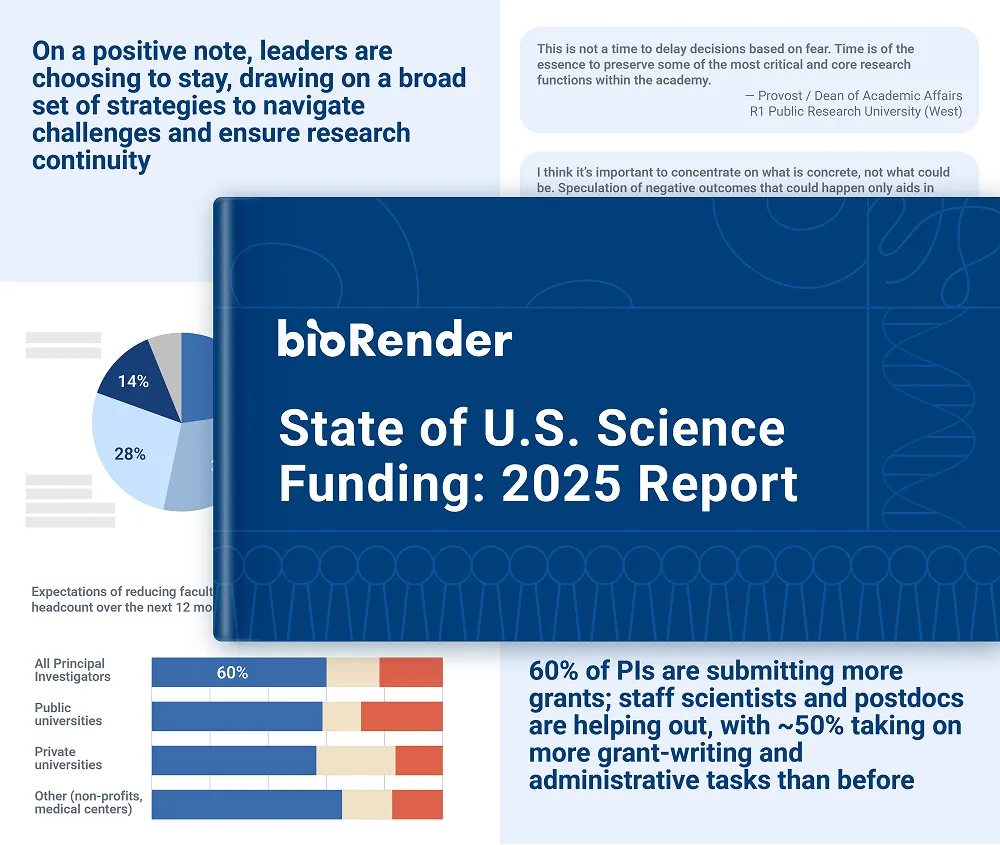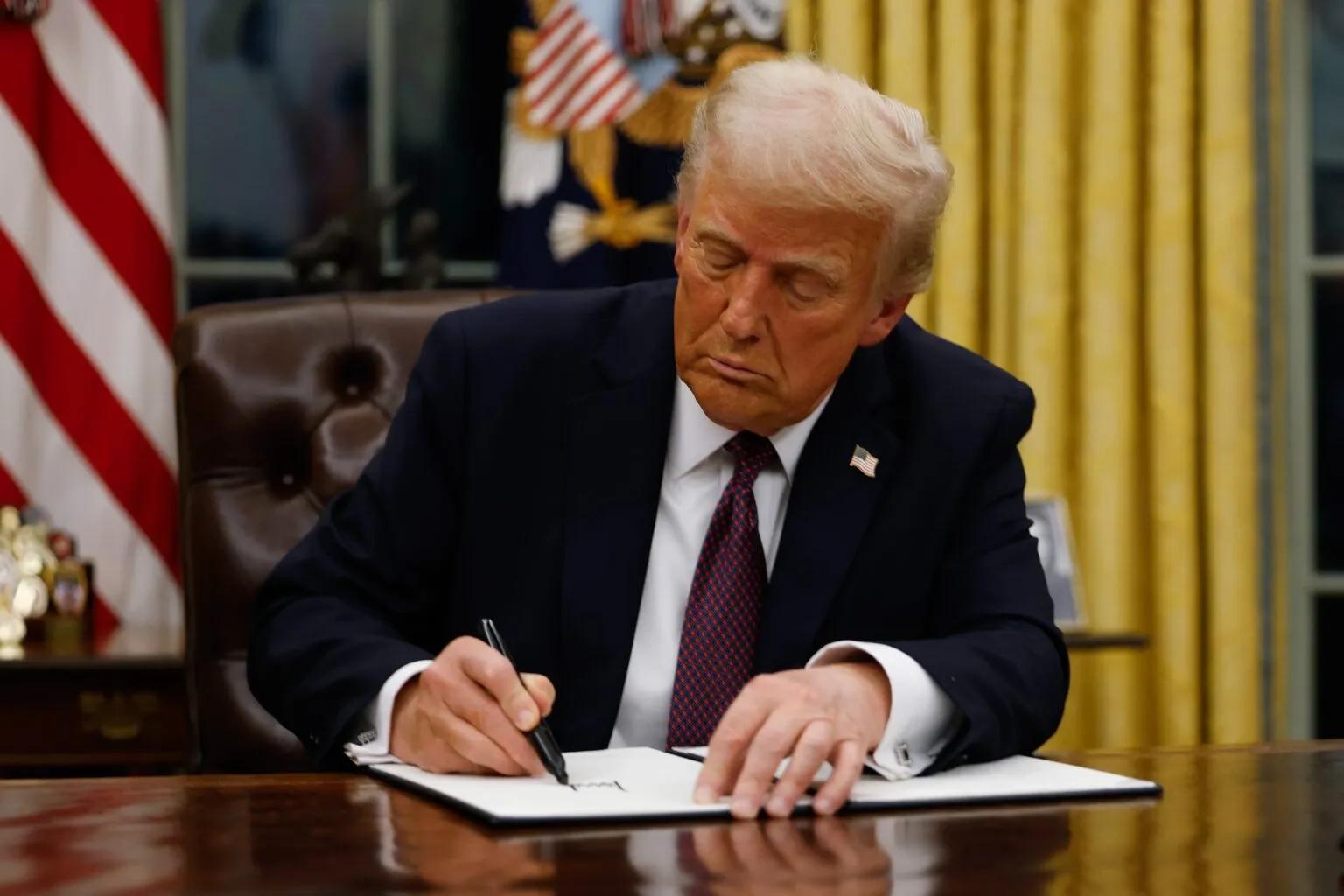
The Biden administration's long-awaited study of the tariffs that the Trump administration put in place is about to start. The US is also working to make sure that China follows trade laws more strictly. The Office of the U.S. Trade Representative (USTR) said that the review, which is required by Section 301 of U.S. trade law, will last until late 2025. This announcement came after months of talks with businesses and labor groups.
Senior officials have said that the government is likely to keep most of the tariffs in place instead of getting rid of them to deal with China's problems with its industrial policies, supply chain dominance, and technology transfer. They might even give law enforcement more power. The report has become more important because U.S. companies and trade groups say they are under more pressure because China is expanding its low-cost exports, especially of steel, batteries, solar panels, and electric vehicles.
The Biden administration has also kept export limits on advanced semiconductors and AI-related technologies, saying that selling these goods would put national security at risk. China has said that the rules hurt global supply chains and are based on politics.
“China’s non-market practices continue to harm American workers and industries ”
Even though the U.S.-China economic relationship is still strong, experts say that the shift toward strategic competition would make it hard for normal trade agreements to happen very soon. Companies on both sides have gotten used to a new reality where security issues come before tariff talks.

Analysts Expect Long-Term Competition as Both Countries Harden Trade Positions
Trade experts say that the U.S. and China are about to enter a time of ongoing economic competition because both governments are putting national security ahead of lowering tariffs. Beijing has increased subsidies for clean energy and innovative manufacturing industries, while Washington has been looking more closely at Chinese investments and supply chains.
American companies that do business in China say that there are still problems with getting into the market, but many are sticking with it because of how well their supply chains work and how much customers want their products. But trade groups warn that tariffs, regulatory conflicts, and limits on investments could make things more unstable in 2026.
Analysts don't expect the Section 301 study to lead to sweeping tariff rollbacks. Instead, they think it will affect the next stage of U.S. trade policy, which could mean more restrictions on important sectors. Both countries seem to have accepted that they will have to live together in peace, even though there is still a lot of geopolitical tension, selective cooperation, and competition between them.

Skenes and Skubal Win Cy Young Awards as Future Uncertainty Grows
NOVEMBER 12, 2025

U.S News

Budget Stalemates Strain U.S. Science Agencies
Ongoing budget disputes in Washington are creating staffing challenges and delayed projects at agencies like NASA and the EPA, raising concerns among researchers about long-term scientific capacity.
U.S News BY NOVEMBER 3, 2025

Climate Tech and Geoengineering Face Growing Two-party Backlash
Because lawmakers want more oversight and public responsibility, new climate solutions like carbon removal, solar geoengineering, and atmospheric interventions are facing opposition from both parties.
U.S News BY NOVEMBER 5, 2025

U.S. Executive Orders Signal Sharp Shift in Environment and Trade Policy
Recent White House actions highlight a tougher stance on China, minerals, and emissions regulation as policymakers reevaluate U.S. economic dependencies.
U.S News BY NOVEMBER 1, 2025







